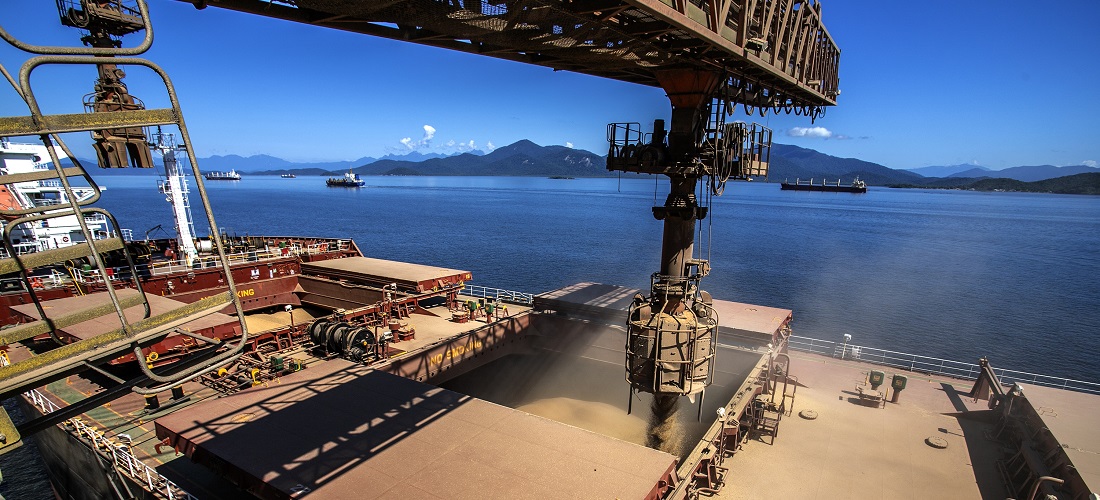
Trading companies suffer a setback in Pará regarding excise tax
Feb, 18, 2022 Posted by Gabriel MalheirosWeek 202207
Trading companies that export soybeans and corn through the state of Pará suffered a major setback in the courts earlier this month when the state government suspended injunctions allowing them to avoid paying the Brazilian state excise tax (ICMS) in inter-state grain transportation. This legal battle had been dragging on for decades in the courts.
On February 2, the Court of Justice of the state of Pará decided to render first instance injunctions in favor of trading companies null and void. The judges understood that the non-payment of ICMS would harm the state’s treasury. At least 20 exporters were affected by the verdict. The judgment of the trial has yet to be published.
“We were taken aback by the trial’s outcome. It was more political than legal,” says lawyer Thaís Azevedo of Tauil & Checker, which obtained four injunctions for trading companies in the state, including Multigrain, which Japan’s Mitsui owns.
According to Thaís, Pará’s legal maneuver limited the possibility of appealing the decision, though her group is studying precedents in the hopes of taking the case to the Superior Court of Justice (STJ).
In Pará are located two important ports for Brazilian grain exports. In 2021, the port of Barcarena was responsible for 10% of soybean shipments and 20% of corn shipments. In turn, the seaport of Santarém was the outlet for 4% of soybean cargoes and 7% of corn, according to data from the National Association of Cereal Exporters (Anec).
Source: Valor Econômico
To read the full original article, please access:
-
Ports and Terminals
Mar, 08, 2021
0
More than 400 tons of asbestos seized at the Port of Santos
-
Shipping
Nov, 09, 2021
0
Suez canal sets new monthly record
-
Other Cargo
Dec, 18, 2023
0
Portonave operation marks end of fighter jet import journey to Brazil
-
Meat
Jun, 01, 2023
0
Brazil banks to deny credit to meatpackers linked to Amazon destruction



